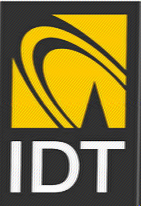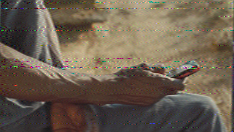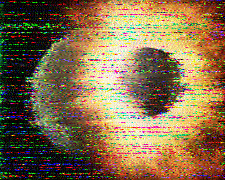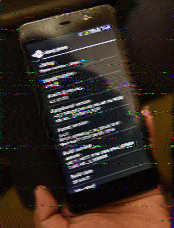Decoding VOA Radiogram Program 105
After last week’s experiments with 8PSK modes, this week’s VOA Radiogram returned to mostly MFSK32 encoding. VOA Radiogram program 105 contained four images and five news items this week:
- Russia Denies License to Tatar-Language TV
- Tatar-language TV channels off air (broadcast twice)
- Cyberattack targets GitHub
- Google and Chinese website certificates
- Cuba will increase Internet access





